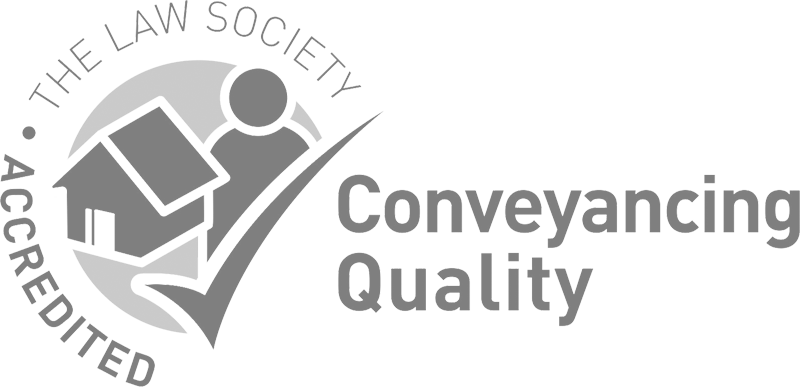A clinical negligence claim (also known as a medical negligence claim) occurs when a patient makes a claim against their medical practitioner or hospital (or both) for compensation due to an act or acts of negligence incurred during their medical care.
Clinical negligence in relation to sports injuries can occur when there is substandard treatment following an injury acquired from playing sports.
Common Sports Injuries and Clinical Negligence
Some examples of common sports injuries include broken bones, tears of tendons or muscles, sprains and strains, dislocations, and concussion. Sports injuries can vary in severity and require careful medical treatment. It is important that the correct treatment is provided by the clinician from the outset.
Unfortunately, however, there can be errors in the treatment of sports injuries. This can include a misdiagnosis of the injury, a delayed referral to a specialist or improper management and treatment of the condition. For example, a clinician may advise that the individual can continue to exercise on an injury and, as a consequence, the injury may be exacerbated, requiring a longer rehabilitation period or surgical intervention.
- We recently acted for a client who suffered an anterior cruciate ligament tear that was missed and suffered a protracted period of pain and injury as a consequence.
The Law Relating to Sports Injuries and Clinical Negligence
In order to bring a successful claim in clinical negligence, a claimant must prove that there was an error that no reasonable clinician would have made (“breach of duty”) and that there was pain, suffering or loss of amenity as a result of that error (“causation”).
In the absence of admissions from the healthcare provider, independent evidence from a medical expert is required to establish breach of duty and causation, and we can assist in obtaining this. The expert report will be written by a specialist who will investigate the circumstances of the medical care received, setting out a comprehensive account and analysis of this care.
There are specific deadlines within which a claim for clinical negligence can be made. The general time limit is 3 years from the date of the negligence or date of knowledge of the negligence. However, this time limit differs in certain circumstances, including where the injured person is a child or agreement is reached with the other side to extend the time limit. We can advise you about whether or not the facts of your case allow for a claim in light of these time limits. Please see the article linked here for more information in relation to the limitation period.
Funding Options
There are a number of ways that you can fund your clinical negligence claim. For example, you may have home contents insurance cover that includes funding for clinical negligence claims. However, most of our clients fund by way of a ‘No Win No Fee’ agreement, which means that unless you win your case you won’t pay any legal fees.
Compensation Award
If you have brought a successful clinical negligence claim, you will be awarded compensation for any pain, suffering or reduction in quality of life that was caused by the negligence. There are further forms of compensation, including compensation for any medication and treatment costs and compensation for any loss of earnings. It may be the case, for example, that you are unable to go to work or undertake exercise as a consequence of the negligence, and this will be taken into account in the award of compensation. Please see the article linked here for more information in relation to compensation awards.
Speak to One of Our Specialist Solicitors
Our lawyers are specialists in the field of clinical negligence law and sports injuries. If you have concerns in relation to medical treatment you or a loved one received in relation to a sports injury, please contact us on 01865 311133 or fill in the online form linked here.
About the Author
David Black is a partner based in our Oxford office, having practised as a solicitor assisting those who have received substandard medical treatment for over 30 years. He regularly advises those who have suffered as a consequence of clinical negligence following a sport injury. He has achieved much success in obtaining compensation for his clients and facilitating changes in medical organisations.
